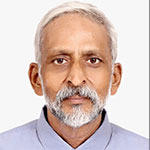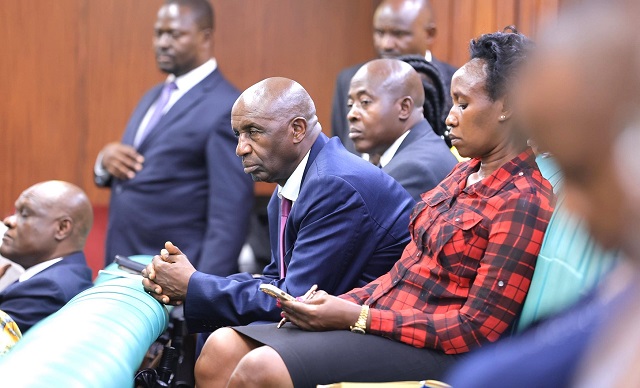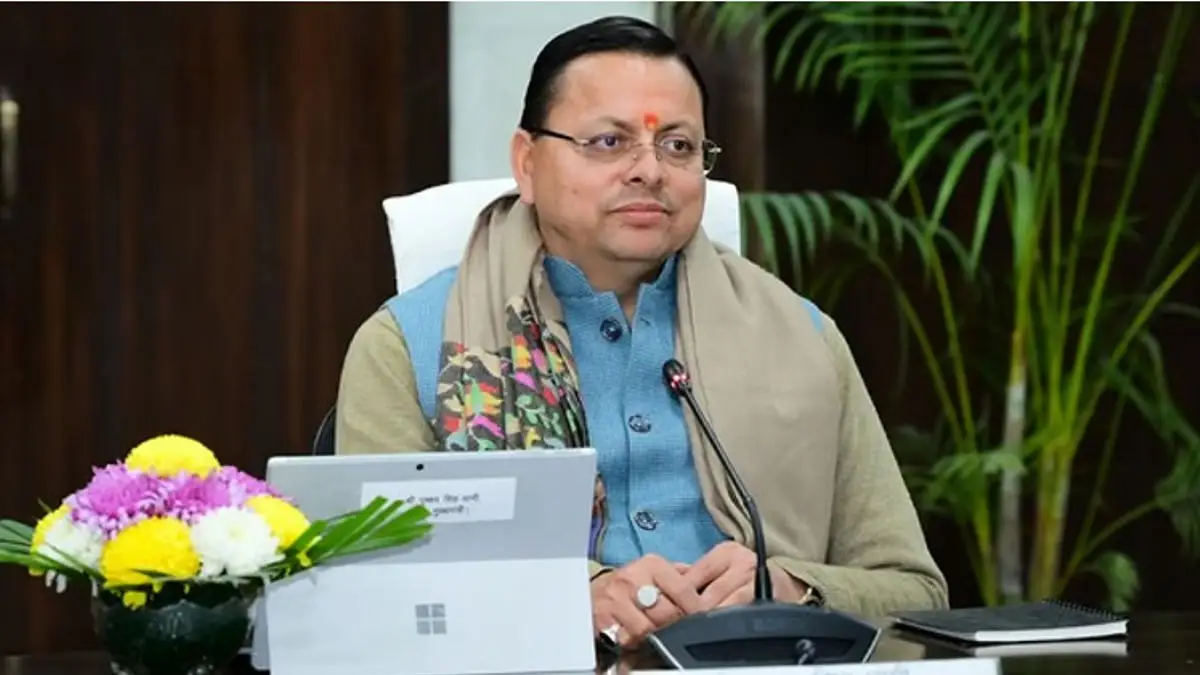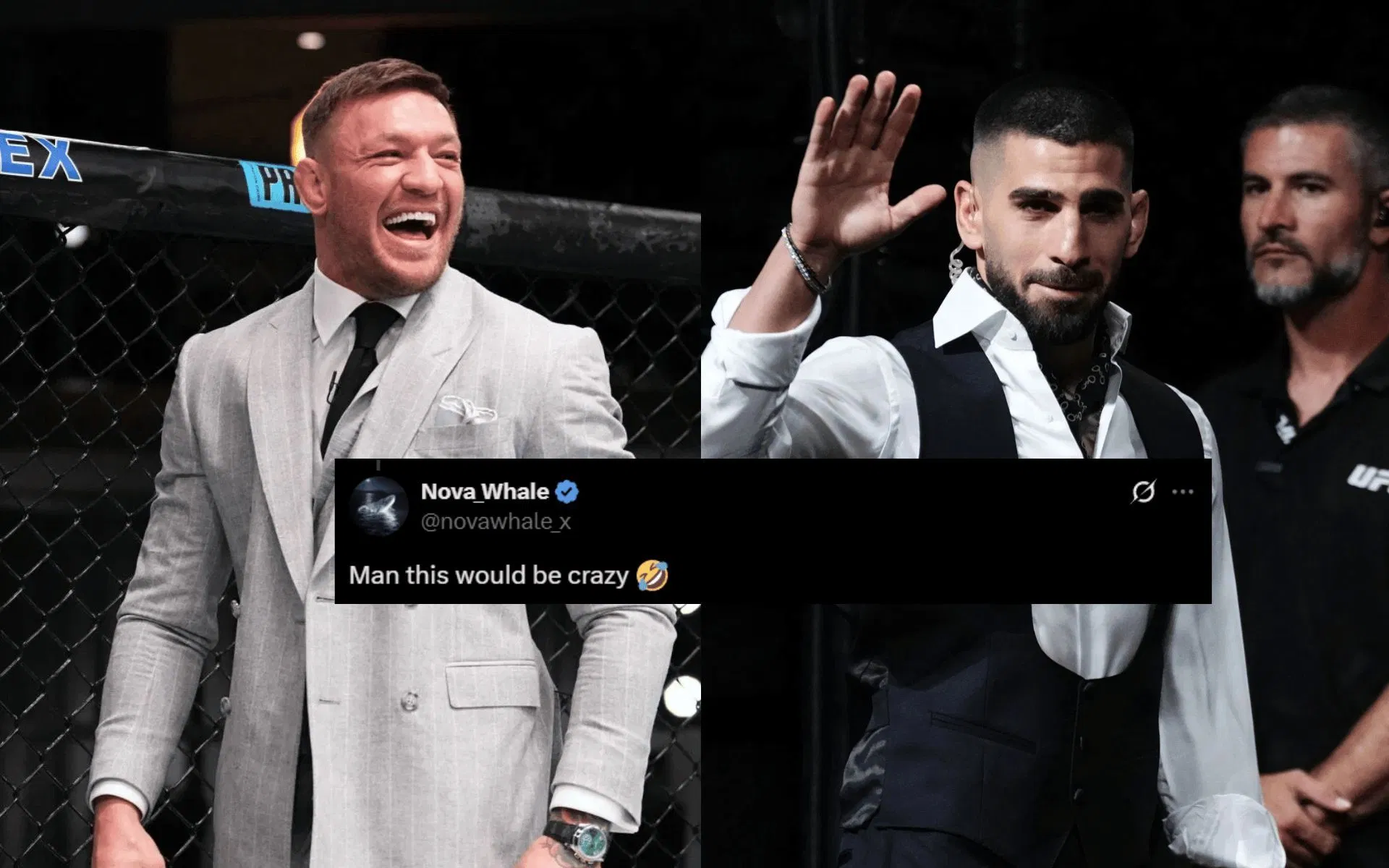By Sanjeev Kotnala
Copyright mxmindia

I no longer know whether I should call myself patriotic, indifferent, or just hopelessly confused. The other night, last Sunday, during the India-Pakistan Asia Cup Cricket match in Dubai, I watched the Pakistan team bat and then went off to sleep. It was a simple act, but it unsettled me. Did switching off early mean I was less Indian? Or did even watching the match make me less patriotic? Was I consuming sports or entertainment, and in the process, did I betray the brave soldiers and fellow citizens, the victims of terrorism? Or was it a small rebellion against the circus of contradictions we are forced to live with?
I have always believed that sportspeople and sports should not be punished for the crimes of their nation. Cricketers, athletes, javelin throwers-I would like to think they don’t plan or support terror attacks. And yet, the way the government treats cricket with Pakistan makes me feel like a naïve citizen caught in a cruel joke.
Pakistan is a terror state, and if “blood and water cannot flow together,” then why do cricket balls flow so freely in Dubai? If Operation Sindoor is not paused, why do the stadium gates open for the cricketers to play the rogue nation? Why is Ahmedabad game impossible, Lahore unthinkable, but Dubai perfectly palatable?
If it’s wrong to play them, it isn’t good to play anywhere, not just in specific locations.
This half-baked approach creates a parallax in my head.
Why can’t the government give us a clear policy? Either allow sporting interactions—professional, syndicated, private, friendly—or debar them completely. Yes, we may lose ranking points, trophies, and headlines, but at least we’ll gain consistency. At least we’ll know where we stand.
And if we’re serious about cutting ties, then cut them everywhere.
Don’t just stop cricket. Boycott athletics, too.
Don’t let Neeraj Chopra compete alongside Nadeem.
Forfeit medals at the Asian Games, the Olympics, and the Commonwealth. Or else, stop pretending we’re at war in one arena while shaking hands in another.
Flip-flops don’t make us look principled; they make us look petty.
And I suppose that is true for us citizens, too. If we boycott a film featuring Pakistani talent, then why and how can we watch the match telecast?
This time, even the taunts hit home. Owassi-whose opportunistic, vindictive politics I hate- today, when he calls out the inconsistency, and for once, I had no answer and had to agree with him.
The chaos is not just political; it seeps into business and entertainment, too.
Sony could have blacked out the match. The government could have pulled the plug. Brands, ever so “sensitive” to sentiment, could have run 30 seconds of black screens instead of catchy ads.
None of that happened. Instead, we got the bizarre spectacle of Suryakumar Yadav, post-match, standing there and mouthing a line of “solidarity”—a forced employer-scripted apology that rang false, like a corporate memo passed off as patriotism.
Did ‘Sky’ really believe those words, or was he trapped like the rest of us in this charade?
That’s what gnaws at me. If “Legends Cricket” can be banned, if actors and films can be blocked, why is cricket treated differently? Why this selective morality?
Why this uncertainty that leaves citizens like me second-guessing even our own instincts?
So here I am-confused, undecided, almost incoherent.
I don’t know whether watching Pakistan bat made me unpatriotic, or whether sleeping before the match ended was indifference or a quiet protest.
I don’t even know what “patriotism” means anymore when those in power themselves can’t define it clearly.
Maybe I am the one with a split personality. Or perhaps it’s the state that wants me this way—torn, restless, permanently confused. Because clarity would mean choice, and choice would mean accountability.
Until then, I will keep asking: am I patriotic, disenchanted or paralysed by the contradictions no one wants to resolve? And keep searching for the parameter that defines my brand-i—my personal Brand. However, I also see a possible debate on the subject in the next workshop. Maybe that would help.
Sanjeev Kotnala is a senior business strategist and educator. He writes on MxMIndia every Wednesday but often comments on a current issue on other days as well. His views here are personal.



